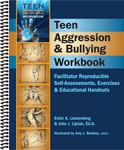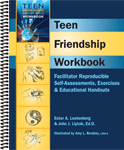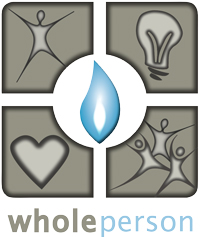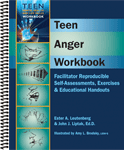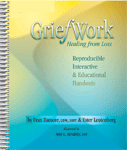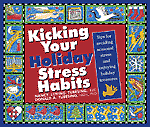Victims of sexual assault struggle
In recent articles (http://stressforsuccess.blogspot.com) I’ve covered how vulnerable children are lured into sex-trafficking due to their desperation. S/he’s:
· Likely running away from an abusive home, therefore homeless;
· Alone and frightened;
· Just a kid.
A seemingly protective man, and sometimes a woman, offers to protect them. What would you do?
Beyond predatory traffickers/pimps who are preying on vulnerable kids, there’s a sad reality that makes them more vulnerable to this nightmare: early and repetitive childhood sexual trauma.
Sexual abuse harms victims’ mental, emotional, spiritual and physical development. The following description is adapted from “Childhood and Adult Sexual Victimization” by Parson, Brett and Brett.
A victim of repetitive childhood sexual abuse undergoes damage to her still-developing personality. The abuse shatters her very spirit, which is much more difficult to heal than mental and physical damage.
“Mind, body, and spirit” implies that spirit is part of the total self. Rather, spirit permeates all. It represents her essence. It holds the fabric of the self together. Spirit:
· Provides her with a healthy self-centeredness: a sense of her unique self;
· Is the natural belief that her self is her priceless, personal possession, worthy of protection and respect;
Sexual assaults devastate his spirit and self-respect. His natural social tendencies are haunted by constant vulnerability, resulting in blameless availability for adult abuse. The child goes from being spirit-filled and alive to essence-defused and empty. The degraded self may be drained of most traces of feeling human.
Contributing immeasurably to the child’s helplessness is the blaming the child for the incest while the adult denies responsibility. The abuse is committed on someone who is least able to protect himself from immoral adult power.
After repetitive abuse the child’s changed view of self is the essence of his stress. He’s robbed of his free will, spontaneity, and autonomy. His patterns of perceiving, trusting, and acting are drastically altered based on many secrets too terrible to face. He’s forced into secrecy with threats of exposure, abandonment, fear of repeated sexual injuries, and further humiliation. He’s constantly wary around adults.
He’s forced to grow up fast, learning how to survive. To survive he navigates his dangerous terrain through hyper-vigilance to adult mood and behavioral cues of impending abuse. He maneuvers around them. He de-activates the mines before they explode through good behavior and an appeasing manner to avert adult depravity. Running away becomes a viable option.
His spirit dims; her laughter is extinguished. Their environment is a place where no joy, hope, and love are allowed to flourish. There’s only emotional and spiritual darkness, helplessness, and buried rage to be resurrected at a later time, and unleashed suddenly on unsuspecting targets, including the self.
They live in a persistent state of stress-induced burnout due to near-constant paranoid expectations of attacks. Being chronically revved-up is akin to living in an internal police state.
What’s profoundly remarkable is that these children find a way to survive. Their strength and ingenuity are integral parts of trauma therapy, which can help. To find trauma therapists in our area go to http://www.mhaswfl.org/.
Jacquelyn Ferguson, M. S., is an international speaker and a Stress and Wellness Coach. Order her book, Let Your Body Win: Stress Management Plain & Simple, at https://wholeperson.com/x-selfhelp/selfhelp.html#Anchor-Let-11481.

